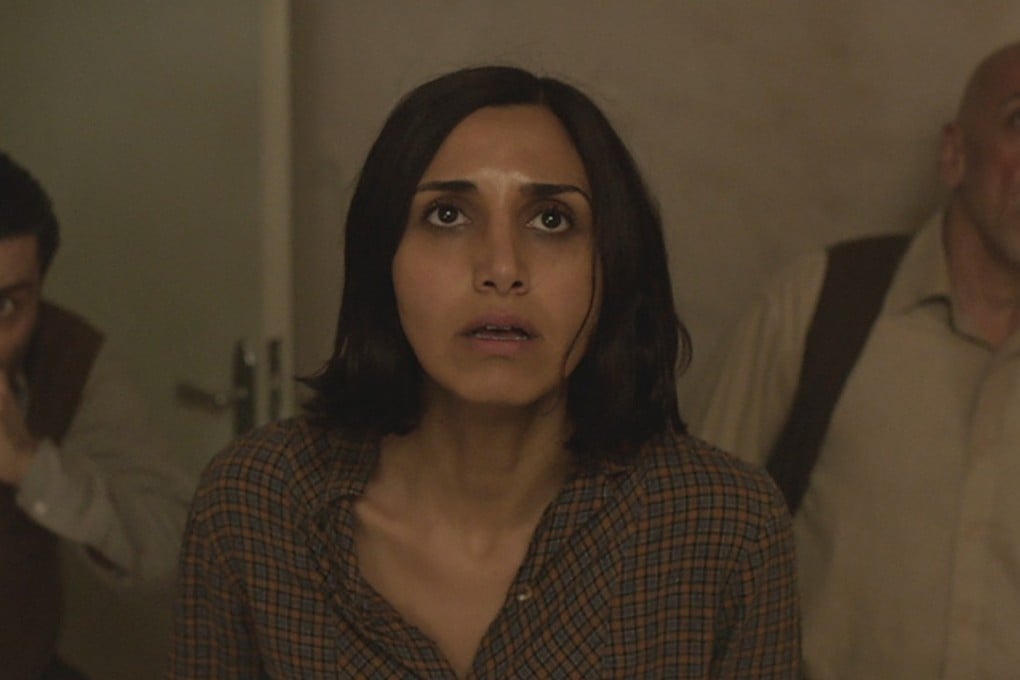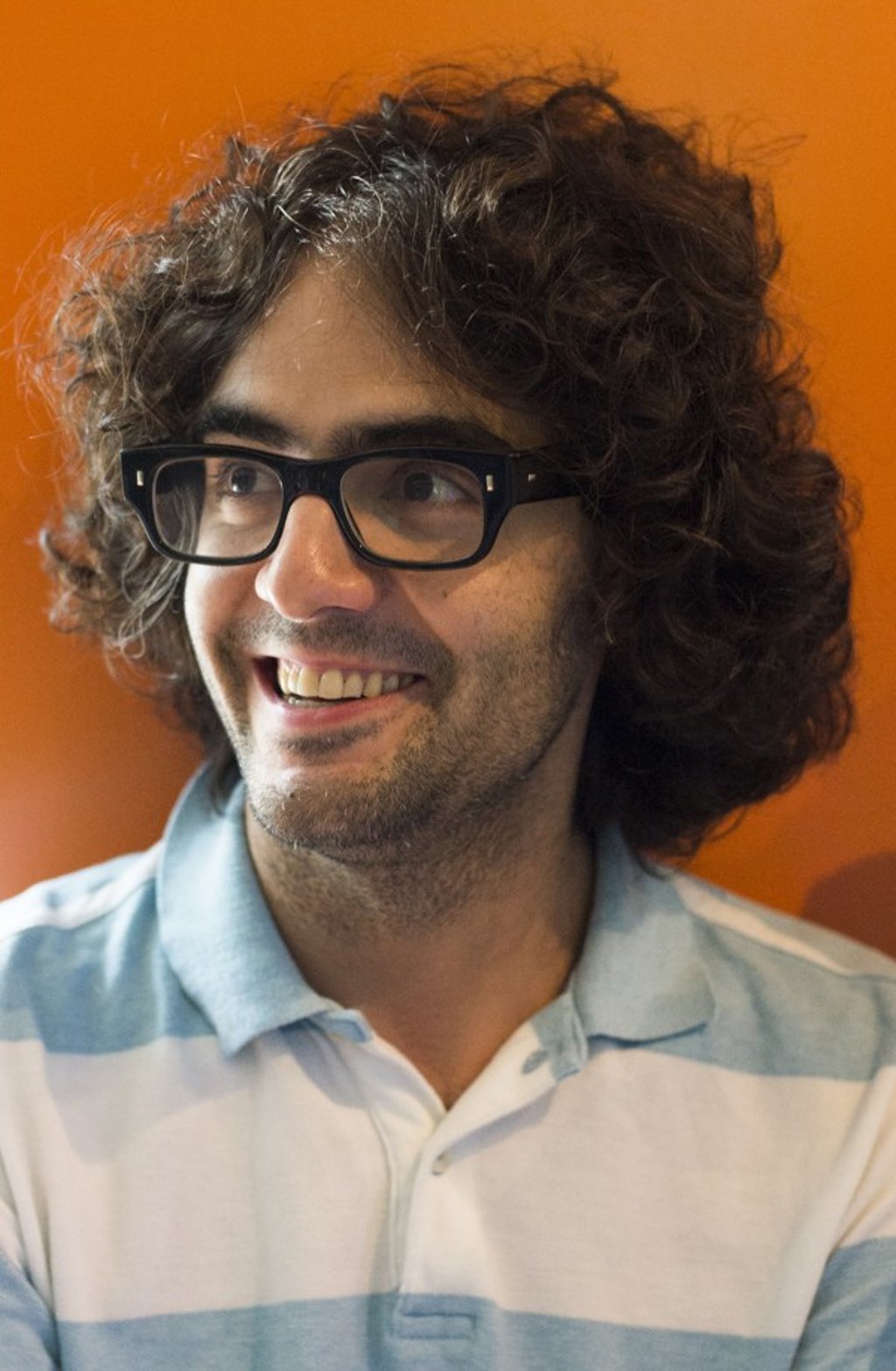Art house: Under the Shadow – supernatural horror meets social chaos in Iranian masterpiece
The debut feature by Babak Anvari is set in Tehran during the Iran-Iraq war and mixes some social commentary and psychological insight with genuine shocks

At last – a contemporary horror film that is actually scary. Under the Shadow, the debut feature of London-based, Iran-born Babak Anvari, uses 1980s Tehran as the backdrop for a story about the haunting of a child. Set during the Iran-Iraq war, in which Tehran suffered air raids, this is an intelligent film that employs social commentary and psychology, and has a pleasing number of genuine shocks.
The film combines styles to make something unique. The story begins like an Iranian family drama, with Shideh (Narges Rashidi) and her doctor husband, Iraj (Bobby Naderi), arguing. They both attended medical school, but she wasn’t allowed to continue her studies after the Islamic revolution.
Iraj is sent off to the war, leaving Shideh alone to look after their young daughter, Dorsa (Avin Manshadi). Dorsa complains she’s being haunted by a djinn – a Middle Eastern demon – but Shideh at first thinks she’s making it up. Events, however, lead Shideh to believe her daughter may be telling the truth.

The film is constructed so that viewers can believe either that the ghost does exist or that it’s simply a figment of Shideh’s worried imagination. Anvari says Roman Polanski’s saturnine horror Rosemary’s Baby (1968), in which Mia Farrow perhaps gives birth to the devil’s child, inspired this equivocation. Anvari also quotes J-horror as an influence, and the relentless djinn would not be out of place in a film by, say, Kiyoshi Kurosawa.